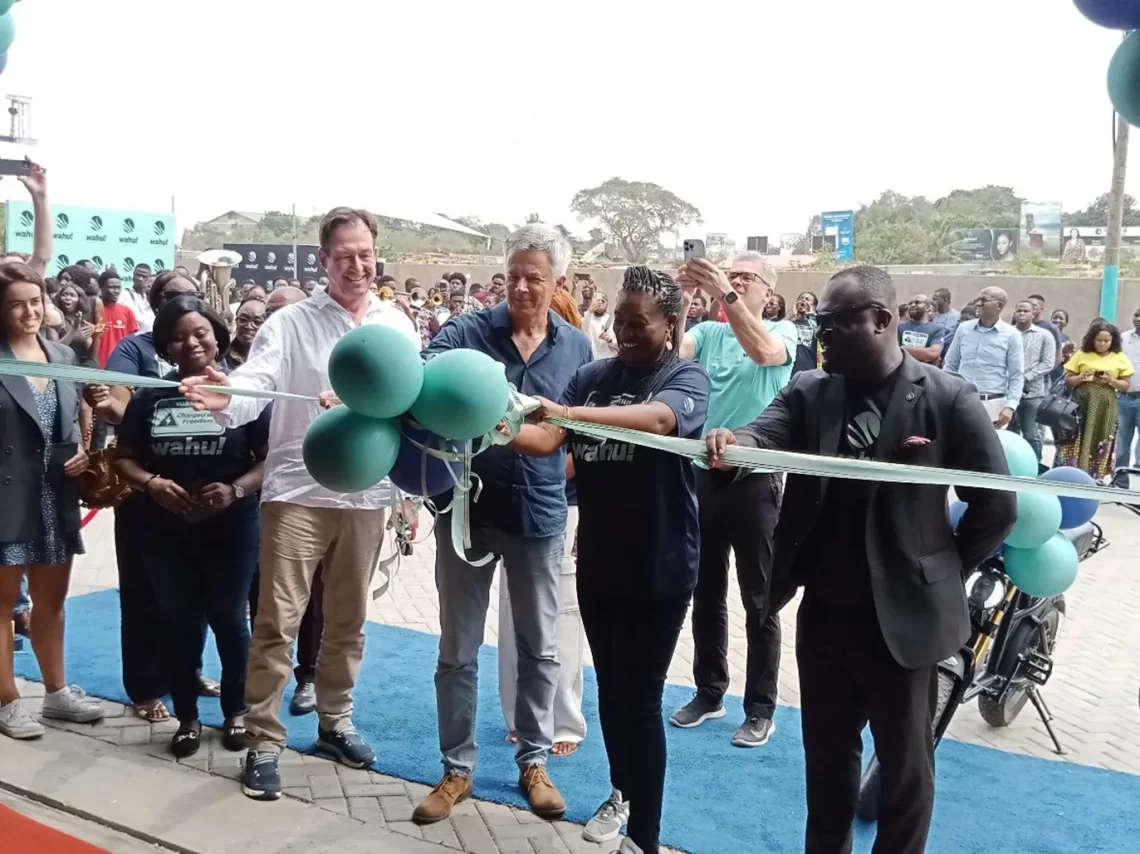Ghana is stepping up to the plate to be a part of Africa’s electric vehicle (EV) movement.
Wahu Mobility seems up for the challenge as it has opened Ghana’s first EV assembly plant that has the capacity to build about 200 e-bikes per month, CNN reports. The e-mobility brand was founded to create a more sustainable last-mile delivery option.
“It really kind of struck me that I didn’t want the mobility to be fulfilled by petrol motorbikes,” Wahu Mobility Co-Founder and CEO Valerie Labi told CNN. “By 2030, there will be 30 million delivery riders across Africa and it just made me think, as a continent, we are more conscious around becoming sustainable and moving to net zero.”
Labi added, “And transport was just a huge opportunity to make a difference in that way.”
According to the outlet, Wahu Mobility’s e-bikes take around four hours to charge. Labi also noted that the e-bikes were designed to suit Ghana’s infrastructure and road conditions. Additionally, to further support drivers making the transition to EV, the company offers a payment plan to offset charges.
“The demand has been really high,” Wahu Mobility’s Head of Technology Ian Mbote shared. “Our vehicle not only plugs into the needs of a Ghanaian customer. It plugs into the needs of a South African customer, a Zambian customer. And this is why I see vast opportunity.”
Labi also believes that with executing the right moves, the company could have the potential to secure partnerships across the African continent as well as sell to Europe, Asia, and additional markets.
“A lot of production has to happen in Asia, so looking at how we localize components is a huge opportunity for local artisans,” she said. “We can scale this facility up to 2,000 bikes a month.”
While Wahu Mobility’s team is confident in its vision for the future, the team is also cognizant of the high costs and lack of accessibility that comes with transitioning to EV.
“Africa as we know it is not your ideal scenario for grid power or conventional sources of power,” said Mbote. “Not many people have access to electricity as we would know it. In my opinion of how we can best tackle this and still scale e-mobility, we need to look at off grid solutions.”
Nonetheless, Labi shared that Wahu Mobility is selling its e-bikes in Togo, has a partnership with East Africa, and is exploring Northern African markets. Within the next two years, she hopes for her company’s e-bikes to be available in most major cities on the continent.





